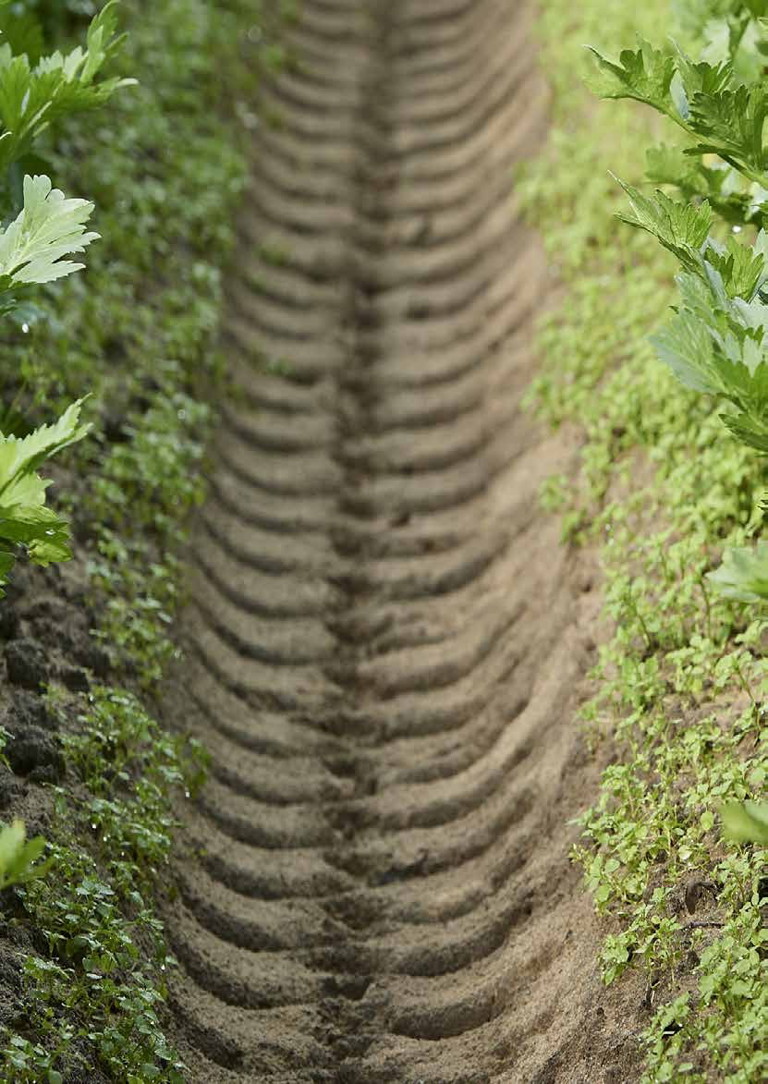news
What price carbon farming?

Farmers are less motivated by the promise of carbon credits and more motivated by improvements to farm productivity through increasing soil organic carbon… That was one finding from a $2M Carbon Initiative Program, which funded 15 research projects across the country to look at barriers to carbon farming and possible solutions to encourage farmers to get on the carbon train.
AgriFutures Australia’s general manager of Rural Futures, Michael Beer, says that with more than half of Australia’s land mass managed by farmers, Australia is in a unique position to sequester carbon in soils and vegetation, and avoid or reduce greenhouse gas emissions through established or novel management practices. Other key findings from the Carbon Initiative Program include:
• Farmers are hungry for knowledge. Limestone Coast Landscape Board has developed educational resources and performed free soil carbon measurements for some producers, after finding local farmers are keen to learn more about carbon farming, but are not sure who to trust.
• Confusion abounds. The Australian Farm Institute described the carbon market as a “confusopoly”, so has developed an online decision-making tool.
• Economic sustainability is critical. The Wimmera Development Association conducted interviews and found little interest in carbon farming where the primary purpose was reducing emissions, with adoption driven by the search for increased productivity and profitability.
• Rural valuers need help. The Carbon Market Institute found no professional guidance for rural valuers with regard to carbon project valuation, leading to a lack of consistency and comparability. A guidance paper was developed.
If you want to learn more about Carbon Farming and who is available to help you through this farming method, email us on comms@ vegetableswa.com.au and we will point you in the right direction.
INDUSTRY Insider